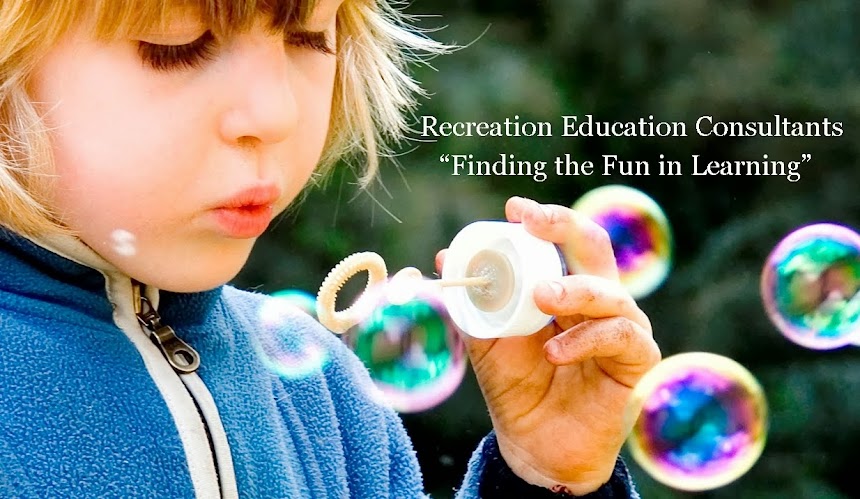 |
| Photo by: thecomplexmedia.com |
My best gift ever would be a toss up between two gifts- but if I had to pick just one, it would be one that was given about 15 years ago.
I was a single mom of two young sons, and had been laid off from my job, on my birthday, a few days after we returned from the Thanksgiving break. Rent was due, Christmas was coming, I had no job and no one was hiring. No one as a parent wants to disappoint their kids, especially at this special time of year, and I felt overwhelmed and ill-equipped to handle Life as it was at that moment. Even though my sons did not believe in Santa anymore, they still enjoyed the holiday and getting gifts. I struggled enough while I was working and had no idea how I was going to manage this while I was unemployed.
My neighbors, friends and even former co-workers were empathetic & helpful and would contact me about possible job openings and watch my sons if I needed while I went on interviews, but as each day went by, I felt myself become more and more stressed and discouraged.
One evening, about a week before Christmas, after a day of job hunting, the boys and I came home, carrying in a few groceries up the long stairway to the second floor, when I noticed a light on at the end of the long hallway we called our apartment. I was very careful about turning off/unplugging lights and electronics, as I had to be frugal with electric use. I walked down the hall to investigate and into the living room fully expecting to see the floor lamp on. I was stunned at what I saw instead.
There, in front of me was a live Christmas tree, set up, lit up, and fully decorated, complete with wrapped packages under it for the boys. Stockings were carefully hung (and filled) on the window sill and there was a card that read "Merry Christmas from Santa's Elves". Of course, I cried my eyes out. My boys re-discovered the magic of "Santa Clause" as they looked at each package to see who it was for. They assumed I has set this up for them and when I told them I did not, they were both very touched as I was.
I never did find out exactly who masterminded this or how although I do have an idea. No one had a key to my apartment, however, the door was not very secure and could easily be opened with a butter knife by anyone determined enough. Whoever it was, I can never thank them enough.
I hope that "Santa's Elves" realize how much their kindness affected me and my sons in a positive way that year and for years afterwards. To this day I can't re-tell this story without getting teary eyed and emotional. I did find new employment and moved forward, but that small act of kindness and thoughtfulness in the midst of transition and uncertainty helped me find my gratitude, and restored my temporary loss of faith in human nature as well as myself. It helped remind me that the best gifts really don't come in packages, and don't have a price tag. In the spirit of "Santa's Elves" and the kindness they showed us that year I have paid this act forward many times, with the help of my sons as they grew up, and now my daughter, (who is the same age as my sons were that year), gets to be a part of the tradition too.
Compassion and Kindness are important Life Lessons to teach our children (and students) & is one way for us to keep perspective no matter what is thrown at us, what time of year it is, or which holiday we celebrate.
In the midst of all the adults stressing over holiday logistics, and family and what to buy and going into debt over gift-giving; and still others stressing over unemployment, heating bills, and putting food on the table, we can all be reminded that simple acts of thoughtfulness, kindness,compassion, empathy, friendship, togetherness, respect, tolerance & acceptance-(all are different forms of love) will never put you in debt because they don't cost a thing.
While its a beautiful thing to unwrap a gift box of something that has been carefully selected especially for us, those intangible gifts are also perfectly acceptable to give, and receive, at holidays or any other time. Kindness is always the right size & never goes out of style. It has a lifetime guarantee of a long-lasting positive effect on the recipient, (even if he/she is one of those people who can't/won't show it on the outside.)
Best of all, if you do decide to 're-gift', no one will ever fell slighted nor insulted; in fact re-giftinig is encouraged!
Wishing you and yours a Healthy, Happy & Abundant Holiday Season!
~Barbara
*Tell Us: What is your most memorable gift ever and why? (Either from childhood or adulthood, material or otherwise.) Please tell us in the comments below!

